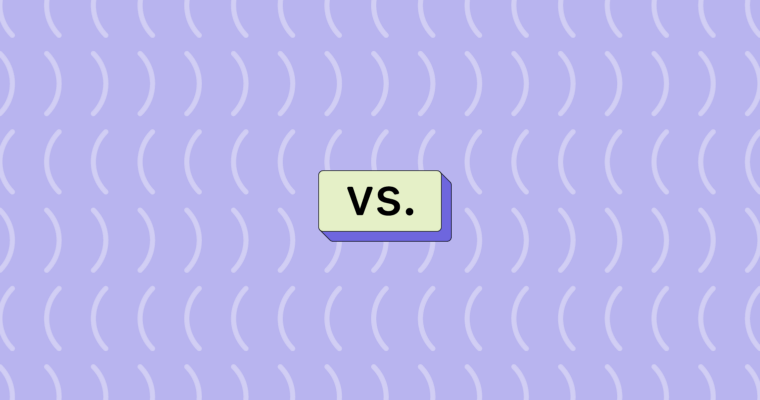
People use both further and farther to mean “more distant.” However, American English speakers favor farther for physical distances and further for figurative distances.
Ray LeBlond once said “You learn something every day if you pay attention.” Today is the day to learn the difference between further and farther.
Farther vs. further: What’s the difference?
Part of the confusion between farther and further lies in the fact that these words can be adverbs, adjectives, or verbs, and the differences within each part of speech.
- Adverb: both words mean “more distance,” but only further can also mean, “additionally” (short for furthermore).
- Adjective: both words work as the comparative form of far, but only further can also mean “additional.”
- Verb: as a verb, further means “to advance” or “to progress;” farther cannot be used as a verb.
Farther definition
Unsurprisingly, farther means “at or to a greater distance.” In Salt to the Sea, Ruta Sepetys uses this adverb to describe the activity of some sea vessels: Some boats eventually floated ashore. And some boats, like me, seemed to float farther and farther from land.
Besides physical distance, farther can also refer to “a more advanced point” or “to a greater extent.” In the following quote from The Great Gatsby, for example, farther describes how arms are stretched to a greater extent.
Gatsby believed in the green light, the orgastic future that year by year recedes before us. It eluded us then, but that’s no matter—tomorrow we will run faster, stretch out our arms farther . . .
—F. Scott Fitzgerald, The Great Gatsby
Further definition
What’s the difference between further and farther? The definition of further does overlap with farther, but first let’s look at the meanings that are unique to this term. Further, unlike farther, can be a verb:
He’d do anything to further his own interests at the company.
It means “to aid in the progress of, to promote, or to move forward.” As an adverb, further means “in addition to.” As an adjective, it means “more, extended, or additional.” For instance, you might ask for further information or pursue further education. Consider this quote from The Life of Pi by Yann Martel:
You must fight hard to shine the light of words upon it. Because if you don’t, if your fear becomes a wordless darkness that you avoid, perhaps even manage to forget, you open yourself to further attacks of fear because you never truly fought the opponent who defeated you.
The common meaning of farther and further
How do the definitions of farther and further overlap? Can you use further or farther away in the same way? Some usage guides disagree, but both terms have been used interchangeably to describe physical distance. Here is a quote in which further fulfills that role:
The further from one another, the nearer one can be.
—August Strindberg, The Road to Damascus
In response to a question from a writer, The Chicago Manual of Style deferred to Webster’s 11th Collegiate Dictionary, which states: “Farther and further have been used more or less interchangeably throughout most of their history, but currently they are showing signs of diverging. As adverbs they continue to be used interchangeably whenever spatial, temporal, or metaphorical distance is involved. But where there is no notion of distance, further is used.” Notice how further communicates both literal and metaphorical distance in this quote from The Last Battle by C.S. Lewis:
I have come home at last! This is my real country! I belong here. This is the land I have been looking for all my life, though I never knew it till now . . . Come further up, come further in!
Farther or further from the truth
How do you express the idea that something is completely untrue? Is the correct expression farther from the truth or further from the truth? A quote from Popularity Explained by Alex L. Freeman reveals the answer:
The dictionary definition of popularity is “to be liked by many.” Based on this definition, you might predict that popular students are the cheeriest and most agreeable people in a school: kind to everyone and always willing to lend a helping hand. Such a conclusion couldn’t be further from the truth!
Are further and farther impossible to tell apart from one another? No! Nothing could be further from the truth! If you remember that only further can mean “moreover,” you shouldn’t have much difficulty. That’s one thing learned for today, but what will you investigate tomorrow?






